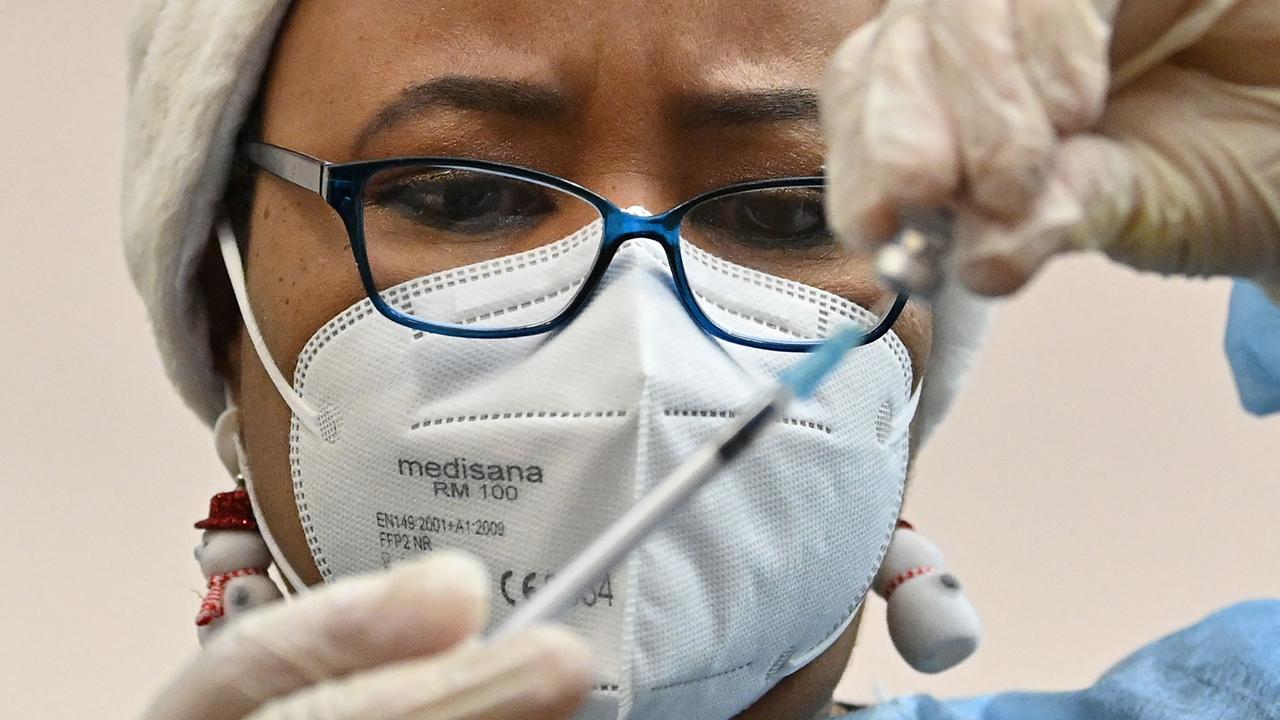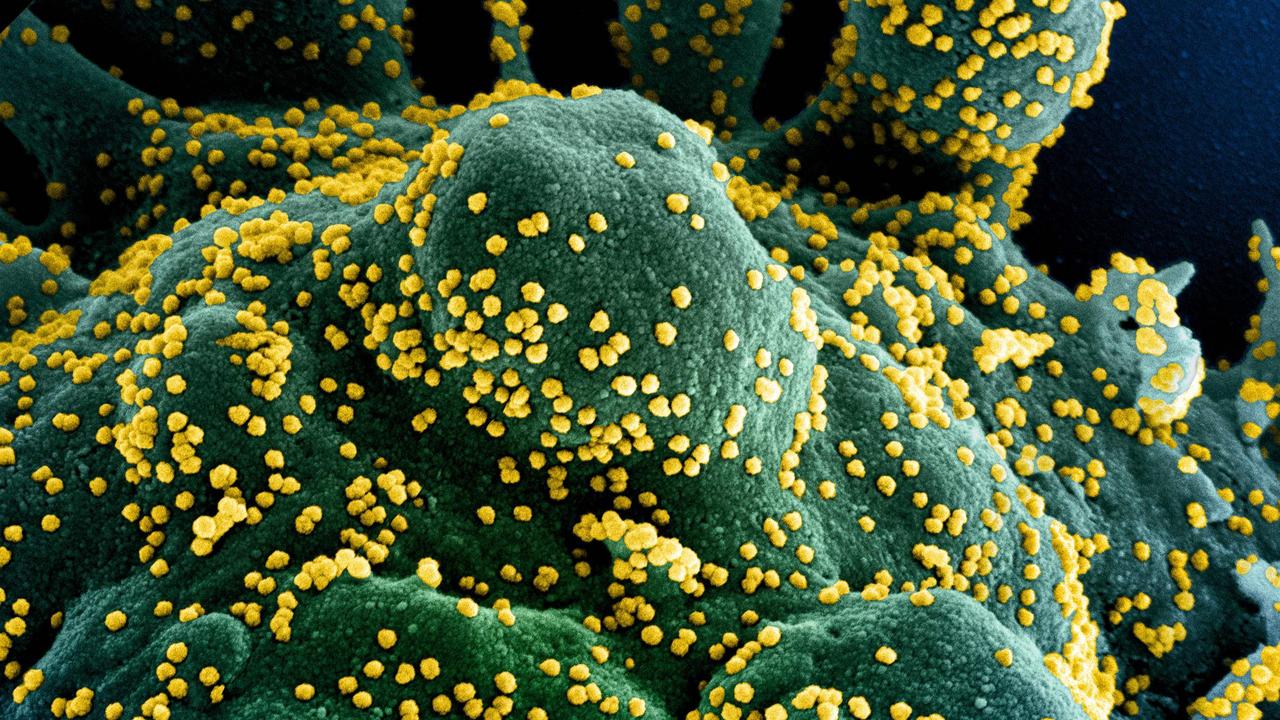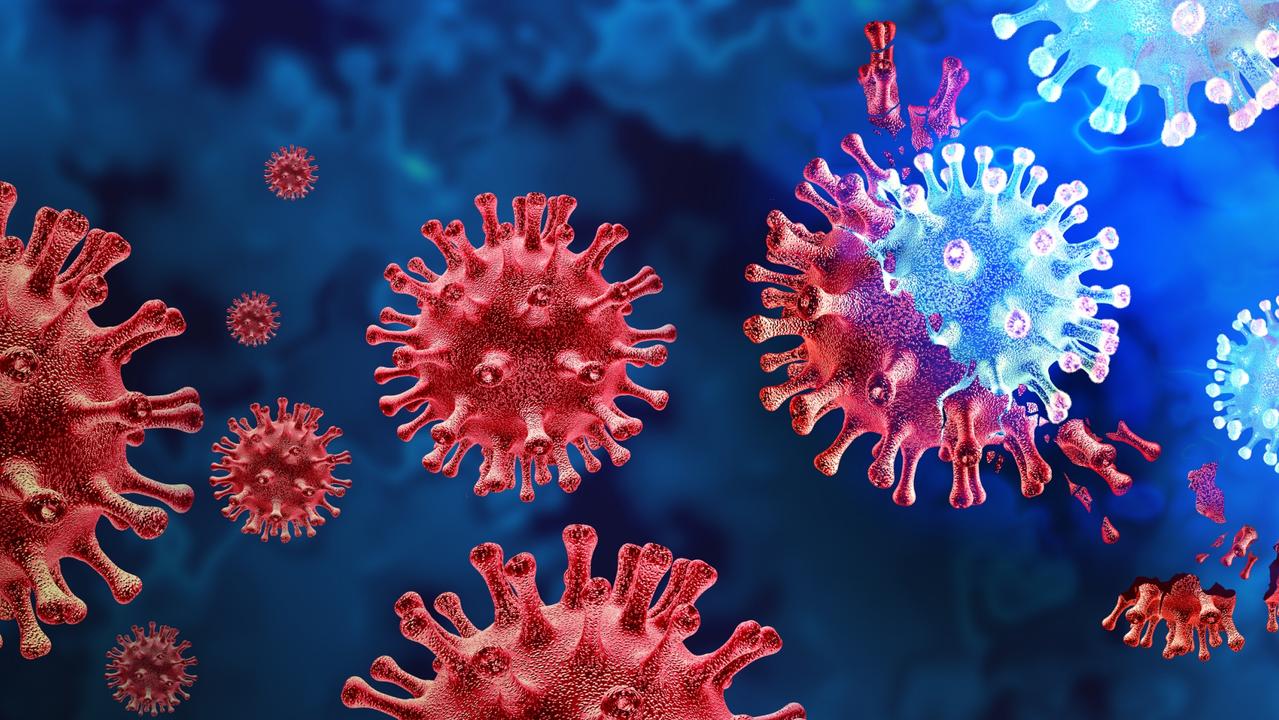Low international vaccine rates will negatively impact Australia
Australia has achieved incredible vaccination rates, but many countries are lagging behind – and it spells disaster for us all.
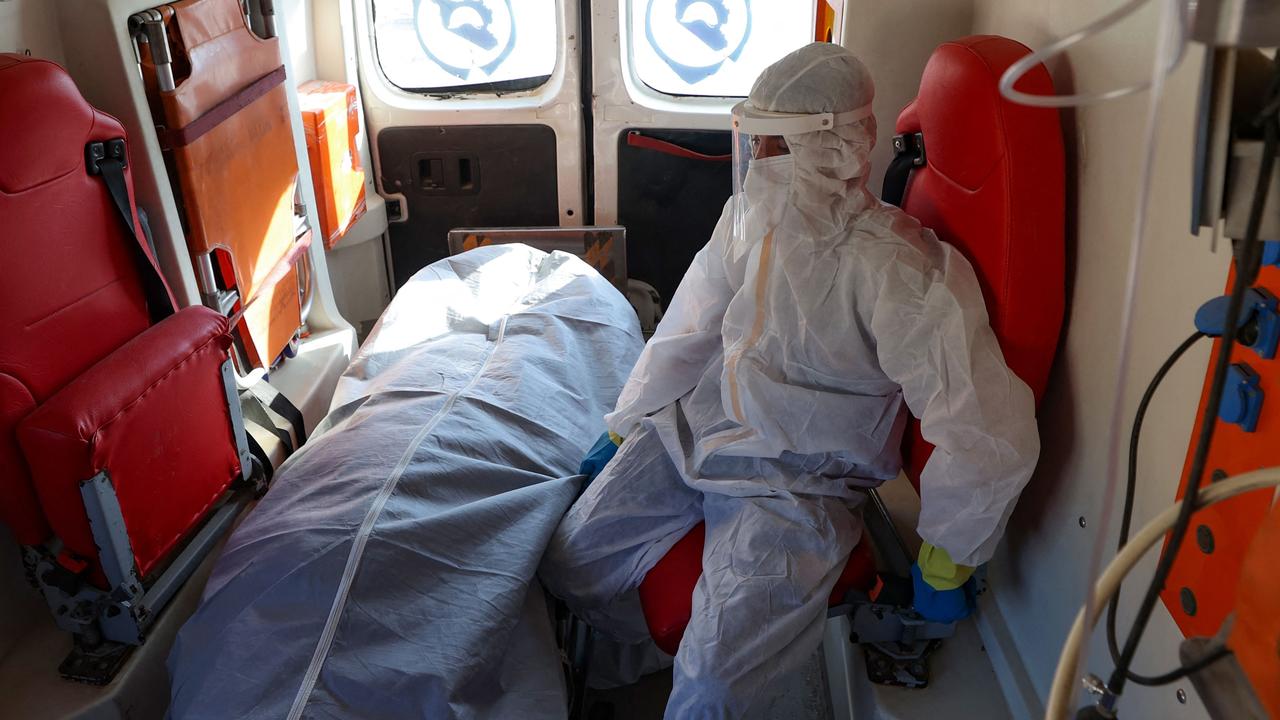
OPINION
As he closed his concerts, Bruce Springsteen used to say: “Remember, nobody wins unless everybody wins.”
As the vaccine rollout in Australia proceeds, we continue to hear much talk about whether it is a race, or not. That is a sterile argument. We should reject the vaccine-race language and adopt Springsteen’s approach – ultimately, we must.
The Covid-19 pandemic is the first truly global event in human history – that is, the first event that has impacted every human on the planet. But it is how it has impacted each of us that is important.
It is often said that we’re all in the same boat with respect to the pandemic, but this is not quite right.
Take somewhere like northwest Syria, where only 1.3 per cent of the population has been vaccinated, and daily testing positivity has been as high as 61 per cent since mid-September, compared with 6 per cent in June. Confirmed cases tripled in September compared with July. Just 3.4 per cent of the entire country is vaccinated.
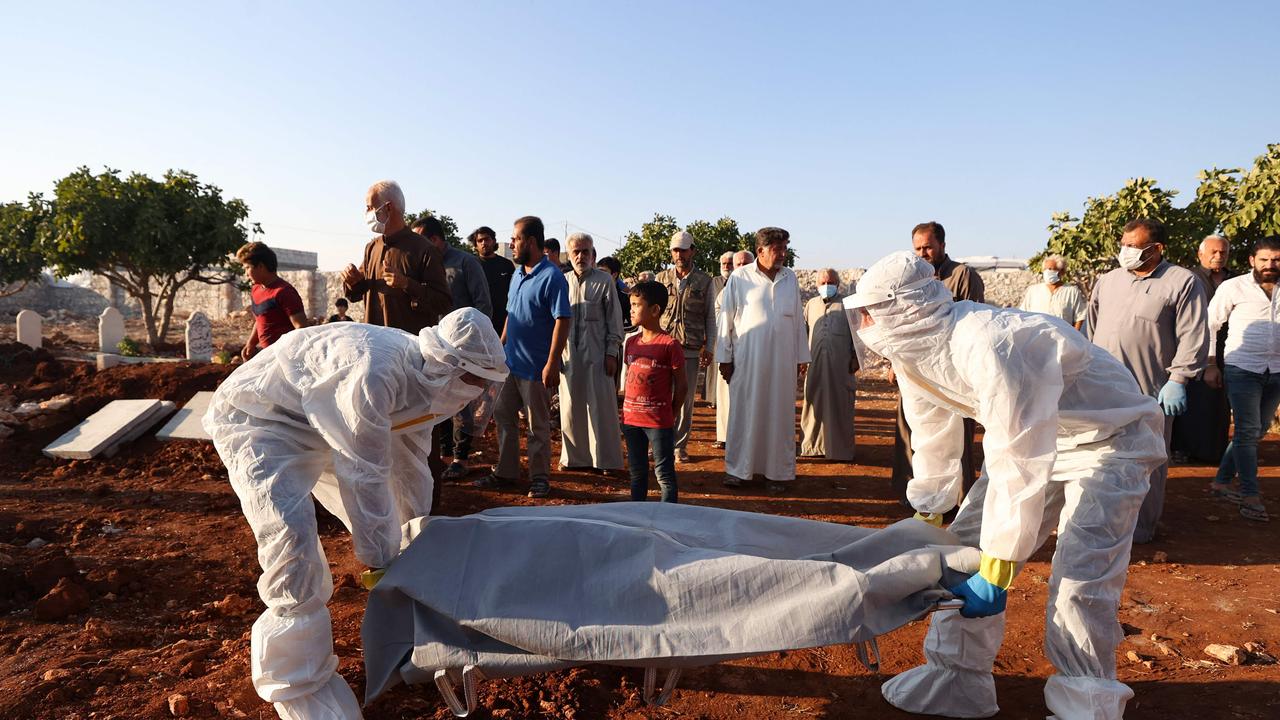
A multisector report by several organisations out this week found 19 low-income countries won’t reach 70 per cent vaccination until 2030.
In a vaccine ‘race’, we know who the losers will be – the world’s poorest and most vulnerable people. That is why we must reject the language of a vaccine race and turn our minds and our resources to vaccine equity.
As the pandemic spread globally, and vaccines were being developed, wealthier countries, like Australia, secured orders for multiple vaccines at a high price and at significant risk – effectively “buying off the plan”.
This resulted in wealthy countries tying up the available vaccines and leaving low and middle-income countries unable to secure vaccine-purchase agreements. Middle-income countries struggled to secure purchase agreements through 2020 and, according to UNICEF, low-income countries were unable to make their first significant agreements until January 2021.
A vaccine race will deepen inequality and exaggerate the gap between rich and poor, running the risk of reversing decades of hard-won progress on development.
The language of a race supports inequity. It is the language of rich over poor, of powerful over vulnerable. It is ugly language and ugly thinking, but ultimately – and ironically – it endangers us all.
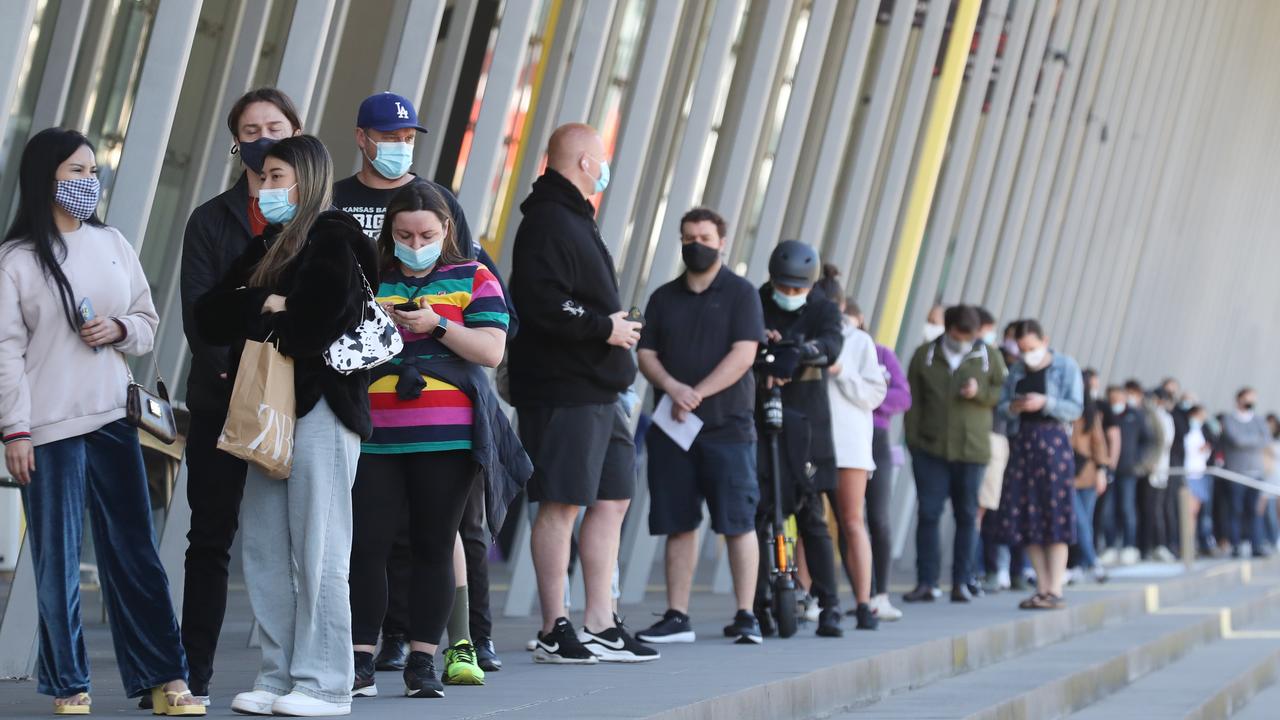
We have seen in Australia the challenges presented by the Delta strain. It has tested our assumptions and stretched our otherwise successful coping strategies. It is more infectious than the virus that circulated in 2020 and it makes people sicker, more likely to require hospitalisation and at greater risk of dying.
But what of the next variants? Will they be more infectious again? Or have greater risk of serious illness, long-term complications, death?
We know these variants are out there and are coming. They emerge in settings where the virus is allowed to rage. As long as the virus continues to spread, mutations will continue to happen, increasing the risk of an emergent variant that is more transmissible, has higher morbidity, and, perhaps most alarmingly, reduces our natural or vaccine-induced immunity.
This is why we must reject the language of a vaccine race and adopt a commitment to vaccine equity. This means that all people, wherever they are in the world, must have equal access to a vaccine that offers protection against Covid-19 infection. We must look beyond our suburb, beyond our state borders, and beyond our shoreline.
The Boss was absolutely correct when he reminded us that nobody wins unless everyone wins.
Never more so than in the world of Covid-19, where no one is safe until everyone is safe.
Dr Jerry Nockles is government relations director for World Vision Australia and a visiting fellow at the ANU.
Read related topics:Vaccine



